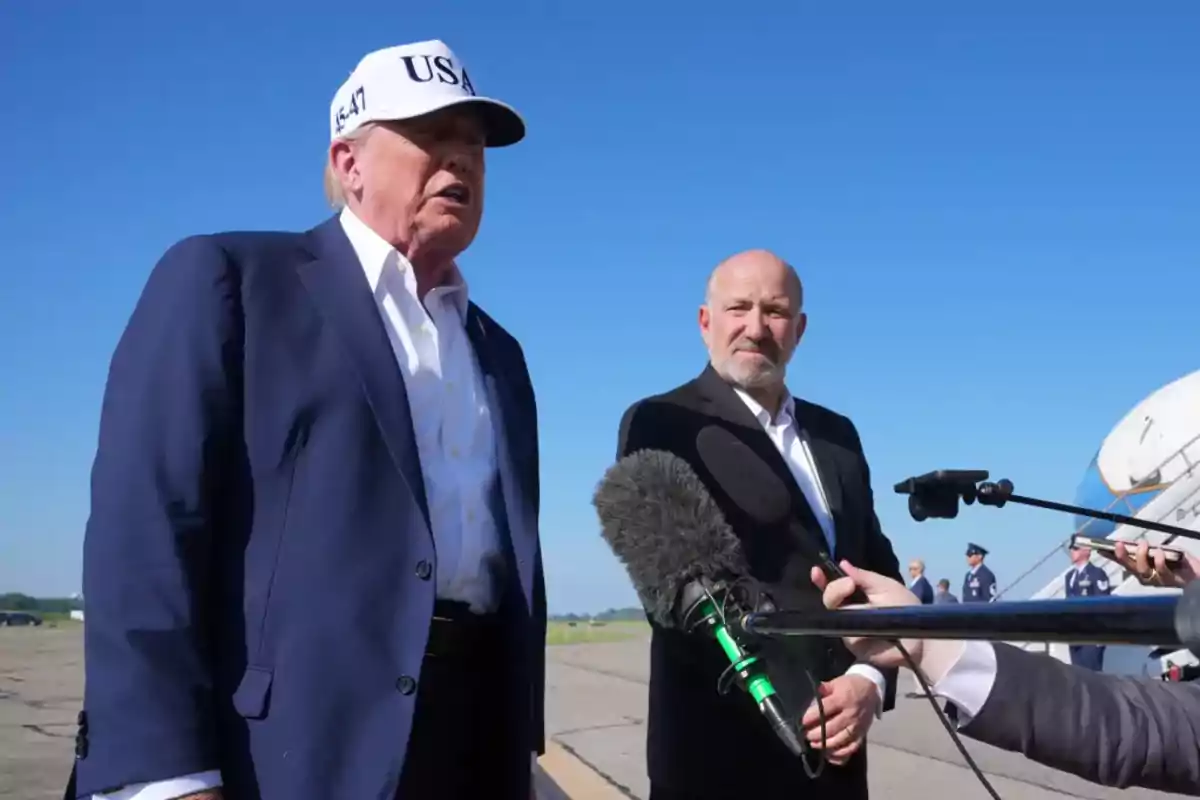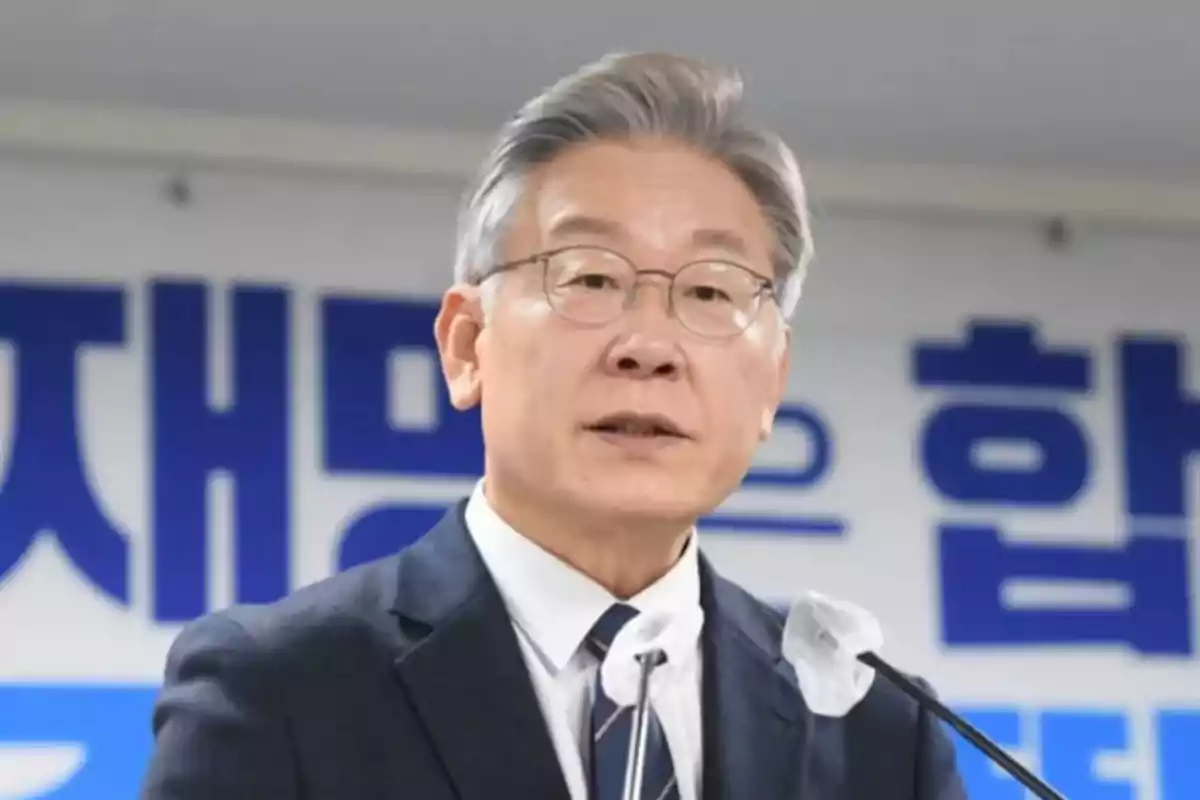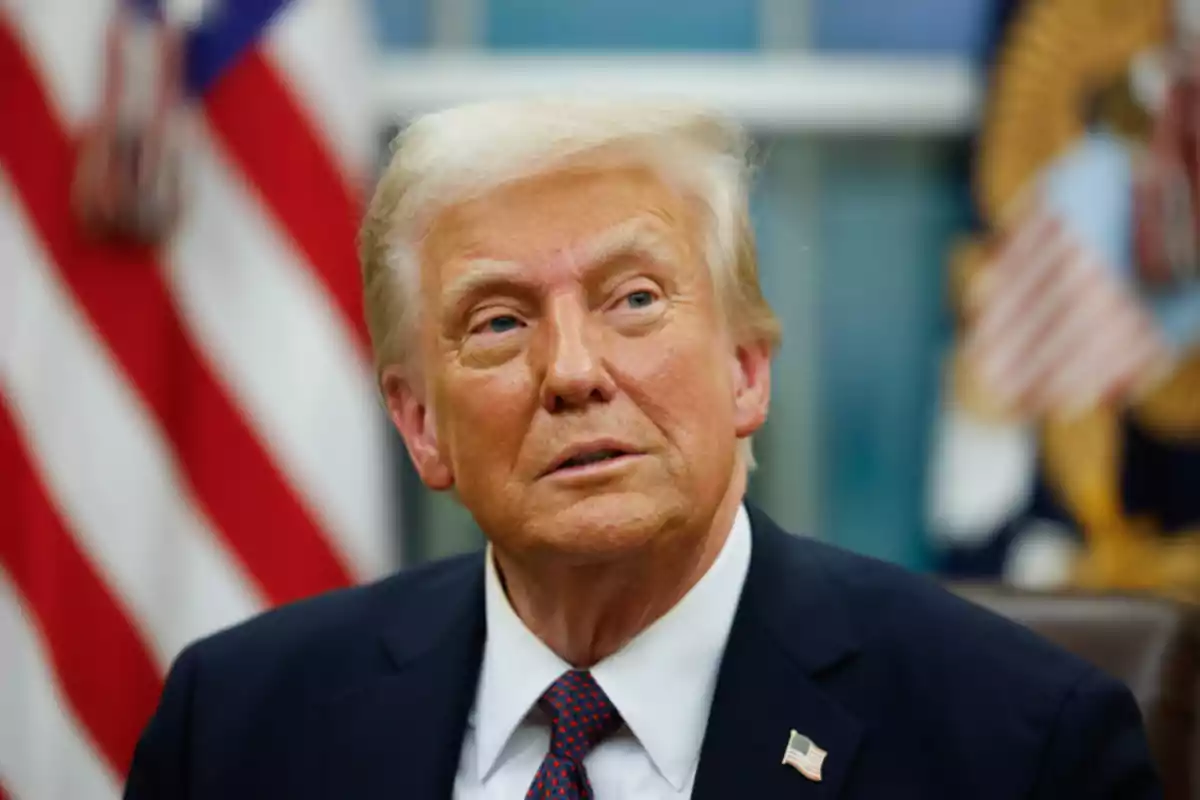
The United States reached a major trade agreement with South Korea thanks to Trump.
Thanks to the efforts of the U.S. president, both nations reached a trade agreement before the tariff deadline
President Donald Trump announced Wednesday night that his administration had reached a new comprehensive trade agreement with South Korea, which includes investments of USD 350 billion from Seoul, as well as new terms in bilateral trade.
The announcement was made through the Truth Social platform, where Trump described the pact as a "Total and Complete Trade Agreement" between both countries.
According to Trump, South Korea is committing to invest USD 350 billion in projects within the United States, which will be "controlled and selected by the president himself." In addition, the agreement includes the purchase of USD 100 billion in American energy products, such as liquefied natural gas (LNG) and other energy sources.

The agreement also includes an additional "significant" investment from South Korea, intended for its own strategic investment purposes, although the details of this part of the agreement will be announced when the South Korean president, the communist Lee Jae Myung, visits the White House in the next two weeks.
In terms of bilateral trade, Trump stated that South Korea will fully open its market to American products, including automobiles, trucks, agricultural products, among others.
As part of the pact, a fixed tariff of 15% is established on South Korean exports to the United States, a reduction from the 25% tariff that was scheduled under the so-called "Liberation Day package" announced in April.
This package was postponed for 90 days, and Trump had reiterated in a letter to President Lee, sent on July 7, that if an agreement was not reached before August 1, severe reciprocal tariffs would be applied. In that letter, Trump warned that efforts would be made to reduce the bilateral trade deficit, which reached USD 66 billion in 2024, an increase of 29% compared to 2023.

Meanwhile, the United States will not be subject to tariff rates on its exports to South Korea. This point has been presented as a victory for American producers and exporters, as they could access the South Korean market without tariff restrictions, which is especially relevant for sectors such as automotive and agriculture.
On Wednesday, Trump met at the White House with South Korean trade representatives to finalize details of the agreement. In this regard, the president thanked them for their presence and praised South Korea's economic development, which he described as a "great success."
It should be recalled that economic relations between both nations were previously regulated by a free trade agreement (KORUS FTA) that entered into force in 2012.
That treaty eliminated tariffs on almost all bilateral trade, promoting a smoother trade relationship between Washington and Seoul. However, Trump has repeatedly questioned the terms of the agreement, arguing that it has contributed to the trade imbalance to the detriment of the United States.

More posts: